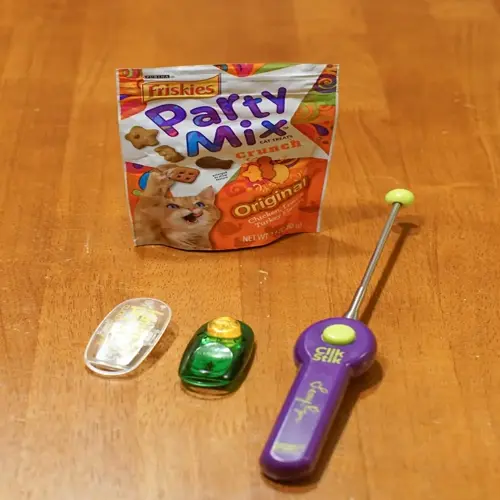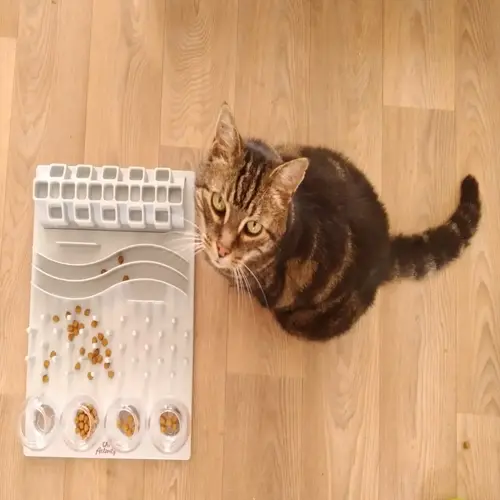How often should I weigh my cat?

Written by
John Williams
Reviewed by
Prof. Henry Webster, Ph.D.Regularly monitoring your kitty's weight is vital to ensure your pet's health. Monthly weights, taken using accurate scales, will detect minor fluctuations before they become major problems. I have diagnosed early kidney failure in patients through careful monitoring of gradual weight loss. Formulate a regular schedule of weighings for preventive medicine.
Measurement Tools
- Use digital baby scales accurate to 0.1 oz/2g
- Place scales on hard flat surfaces
- Calibrate monthly with test weights
Weighing Technique
- Weigh carrier first then subtract its weight
- Hold cat securely but gently during measurement
- Record immediately in tracking journal
Data Interpretation
- Calculate percentage changes monthly
- Note trends over 3-month periods
- Compare against body condition scores
Forpet baby scales: look for precision scales. Baby scales are available which weigh accuracy of height of .1oz/.2g or weight. You cannot expect to get this type of accuracy on bathroom scales. I would recommend digital units that have the tare functions. Have the scales on floors that are not carpeted for a better standard of reading. The scales should be weighed once per month with the usually weighted items to insure accuracy.
Establish a weighing routine. Weigh the cat always before the first meal of the day when it is in a fasted state. Choose the same day of the week to continue weighing for weight control. Use a specific journal to document the date, weight, and observations. This will produce comparable data points to reveal significant trends.
Recognize the critical weight change thresholds. A 5% weight loss in one month signifies non-healthy conditions and disorders such as hyperthyroidism. A 10% weight gain represents a growing obesity problem. For a 10-pound cat, this means monitoring weight changes of 0.5 pounds each month. Accompanying symptoms, such as changes in appetite, should also be recorded.
Discuss the results with your vet. Take your weight record to your yearly exam. Ask questions about sudden changes. Your vet uses your weight record in conjunction with lab tests and exams. This method detects problems early, when they are most treatable.
Read the full article: Complete Cat Feeding Guidelines for Every Owner

